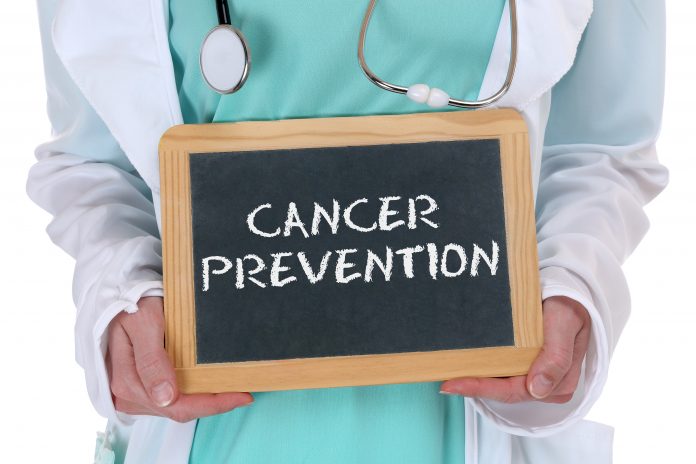According to a new report from the Australian Institute of Health and Welfare (AIHW) – Cancer screening and Covid-19 Australia – which has brought together data for the period of January to June 2020 on the three national cancer screening programs, the number of cancer screening tests declined during the first few months of the Covid-19 pandemic.
Including data on the three national cancer screening programs – BreastScreen Australia, the National Cervical Screening Program and the National Bowel Cancer Screening Program – the report reveals that screening for breast cancer and cervical cancer declined due to the restrictions imposed by the Covid-19 pandemic, while the impacts of the pandemic on bowel cancer screening activity ‘are not clear’.
“The National Bowel Cancer Screening Program involves home test kits, sent to eligible participants who return them by mail,” explains AIHW spokesperson, Mr Richard Juckes.
“While this does not involve participants leaving their homes to complete the test, or to get their results, people do need to mail their completed test kit for laboratory testing.
“Ongoing monitoring will be important to better understand how the pandemic has affected Australians’ health now and into the future.”
Bowel Cancer Australia CEO, Julien Wiggins adds that screening and early detection of bowel cancer “should not stop despite the uncertainties” of Covid-19.
“Early detection and timely access to colonoscopy and treatment, largely determines a bowel cancer patient’s long-term prognosis and life expectancy.
“Delays in diagnosis and treatment can increase the likelihood of metastatic disease; however, when detected at the earliest stages, bowel cancer can be successfully treated 99% of the time,” says Mr Wiggins.
‘Early detection saves lives’
Mr Juckes underscores that the aim of population screening programs is to detect the disease earlier and improve outcomes for individuals, thereby reducing the overall health burden in the community.
“Evidence shows early detection saves lives, so it is important people prioritise cancer screening,” says Mr Juckes.
“Measures are in place to ensure people can catch up on their screening safely during Covid-19.”
Cancer Council Victoria CEO, Todd Harper adds: “The new AIHW data aligns with the alarming drop in cancer pathology notifications reported by the Victorian Cancer Registry earlier this year.
“The impacts of Covid-19 on cancer screening and health checks in Victoria are clear. From April to July, we have already seen a 13% decline in cancer pathology notifications compared to last year.
“For cervical and breast cancer screening programs, we have seen a greater drop in screening test numbers than the overall national decline.
“We’re concerned this may mean cancers are detected later when there may be fewer treatment options available.”
Given these worrying trends and with healthcare services providing CovidSafe measures to ensure patient safety, it’s a timely reminder for all Australians not to neglect or avoid cancer screenings during the Covid-19 pandemic.
To read the AIHW report, visit: aihw.gov.au/reports/cancer-screening/cancer-screening-and-covid-19-in-australia/contents/how-has-covid-19-affected-australias-cancer-screening-programs









